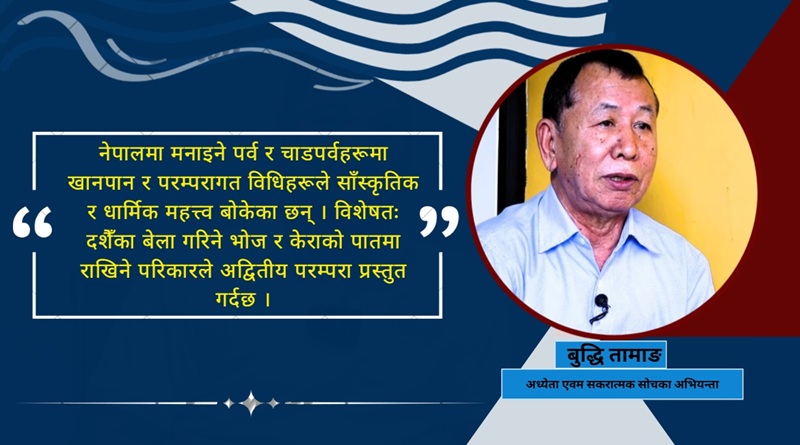Tribhuvan University Suspends Classes Until October 26 Amid Ongoing Crisis
11th September 2025, Kathmandu
Nepal’s largest and oldest academic institution, Tribhuvan University (TU), has officially announced the suspension of all academic activities until October 26, 2025 (Kartik 9, 2082).
TU Suspends Classes Until November
This decision was made public through an official notice on Thursday, citing the ongoing national crisis, widespread protests, and security challenges that have made it impossible to ensure the safety of students and staff. The closure of Tribhuvan University, which serves over 400,000 students nationwide, underscores the severe and far-reaching impact of the current unrest on Nepal’s education system.
The Rationale Behind the Suspension
Tribhuvan University’s decision is a direct and necessary response to the volatile situation that has gripped the country. The “Gen-Z” protests, which began with demands for better governance and against a social media ban, have escalated into widespread civil unrest, leading to violent confrontations and the imposition of curfews in major cities like Kathmandu. Under such circumstances, commuting to and from campuses has become extremely dangerous for students and staff. The university’s notice explicitly states that due to the “abnormal situation prevailing across the country,” resuming classes immediately is not feasible. The university has also stated that it is taking this step to prioritize the safety and well-being of its students and faculty, a primary responsibility for any educational institution.
The suspension of classes until after the Chhath festival in late October provides a clear timeline for students and staff, while also giving the university administration time to assess the situation and plan for the future. The university has also made a commitment to mitigate the academic losses by shortening the upcoming winter vacation, a measure intended to help students catch up on missed class time and keep the academic calendar on track. This demonstrates an effort to balance safety concerns with the need for academic continuity.
Far-Reaching Consequences for Students and Academia
The closure of Tribhuvan University will have a profound impact on its massive student body, which is spread across its constituent and affiliated campuses. The most immediate and pressing concern is the delay of academic sessions and, by extension, examinations. Final-year students, in particular, face significant uncertainty as their graduation timelines may be affected, which could, in turn, impact their ability to enter the job market or pursue further studies abroad. The disruption is not limited to undergraduate students; postgraduate and Ph.D. students are also unable to access crucial resources like labs, libraries, and fieldwork sites, which could severely hinder their research.
This is not the first time Tribhuvan University has been forced to halt operations due to national instability. The university has a history of extended closures during periods of political turmoil and strikes. However, the current situation is unique in its scale, as it has affected not only Tribhuvan University but also private colleges, schools, and other universities across Nepal. This nationwide academic paralysis poses a serious threat to the country’s educational system, potentially leading to a long-term “brain drain” as students frustrated by the delays and uncertainty look for educational opportunities elsewhere. The disruption also affects professional training institutes and public examination schedules, creating a ripple effect across all sectors that rely on a steady supply of qualified graduates.
The Broader Context of National Disruption
Tribhuvan University’s decision is part of a broader trend of institutional shutdowns across the country in response to the ongoing crisis. The Nepali government has deployed military personnel and imposed curfews in key areas, and other institutions have followed suit in suspending services. For example, financial institutions like Jyoti Bikash Bank have closed their branches and ATMs, and the Nepal Insurance Authority has directed companies to implement work-from-home arrangements. The Nepal Stock Exchange (NEPSE) has also been affected, with trading being suspended multiple times.
The closure of Nepal’s largest university is a powerful symbol of the magnitude of the crisis. It highlights how a movement, which began with demands for social and digital reforms, has now paralyzed the very systems that are meant to build the future of the nation. The university’s promise to make adjustments to the academic calendar and its plea for patience from students and guardians show that it is doing what it can in an impossible situation. Ultimately, the future of the academic year and the ability to salvage the educational system will depend on whether Nepal’s political leadership can find a peaceful and sustainable resolution to the current crisis.
For More: TU Suspends Classes Until November







